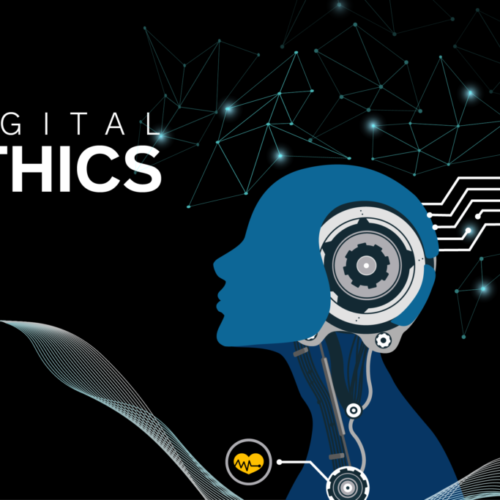Do we fully comprehend the ethical implications of the technology we use every day? With each passing year, our lives become more intricately entwined with the digital realm, raising important questions about the ethics of technology. From artificial intelligence (AI) and automation to data privacy and algorithmic decision-making, the choices we make in designing, developing, and deploying technology have far-reaching consequences. In this blog post, we will delve into the complex landscape of technology ethics, shedding light on the moral dimensions that demand our attention.
The Ethics of Artificial Intelligence: Bias and Autonomy
Artificial intelligence, a pillar of modern technology, brings with it a host of ethical challenges. As AI systems increasingly make decisions that impact our lives, concerns about bias become prominent. AI algorithms learn from vast datasets that may themselves be riddled with biases, leading to discriminatory outcomes in areas such as employment, criminal justice, and lending. We must therefore question the responsibility of technology creators to address and rectify these biases, ensuring algorithms are fair and impartial.
Another critical aspect of AI ethics is the concept of autonomy. When AI systems gain decision-making power, we face the dilemma of attributing moral responsibility. Who is accountable when an autonomous vehicle causes harm in a road accident? Should we hold the creator, the user, or the algorithm itself responsible? These thought-provoking questions demand a comprehensive framework for ensuring that the benefits of AI are balanced with accountability.
The Moral Implications of Automation
Automation, driven by technology, promises increased efficiency and productivity. However, the pursuit of automation has significant ethical implications. As machines replace human labor in various industries, concerns arise about the loss of jobs and economic inequality. We must consider the ethical responsibility of adopting automation without leaving workers unemployed or marginalized.
Moreover, automation raises questions about the impact on human well-being. Does automation commodify human life, reducing individuals to components of a productivity-driven system? How do we ensure that our pursuit of efficiency does not jeopardize human dignity? By examining the moral dimensions of automation, we can shape a future that values both technological advancement and human flourishing.
The Perils of Privacy in a Data-Driven Era
In our interconnected world, the collection and use of personal data are ubiquitous. From targeted advertisements to personalized recommendations, technology thrives on data. However, this data-driven era raises significant ethical concerns about privacy and consent. Are individuals fully aware of the extent to which their data is collected and used? How do we balance the benefits of personalized services with the protection of privacy rights?
Furthermore, the aggregation and analysis of massive datasets pose risks of unintended consequences. When algorithms make decisions based on patterns in data, the potential for discrimination and infringement upon civil liberties becomes real. Striking the right balance between utilizing data for innovation while safeguarding individual privacy is a pressing challenge for technology companies and policymakers alike.
Conclusion: Embracing the Responsibility
As we embark on this journey through the ethics of technology, we are reminded that technology is a double-edged sword. While it offers tremendous possibilities, it also demands careful consideration of the moral dimensions at play. By actively engaging in discussions, raising awareness, and cultivating an ethical mindset in technology development, we can navigate the moral maze of technology and shape a future that reflects our values. Let us strive for a world where ethics and technology walk hand in hand, empowering humanity rather than undermining it.
